HotSpots H2O: South Africa Imposes Emergency Water Restrictions to Prevent Another “Day Zero”
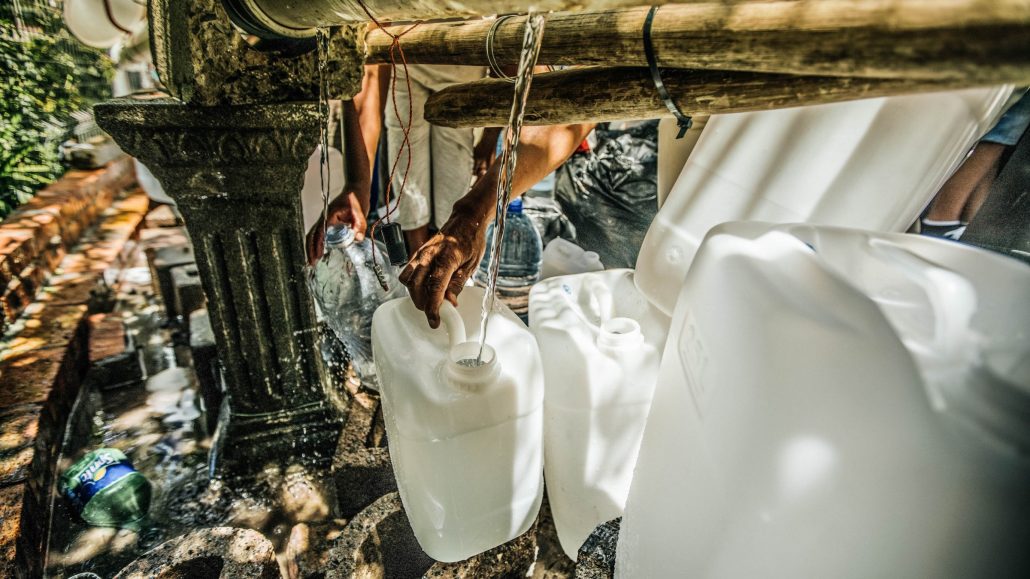
CAPE TOWN, SOUTH AFRICA: Cape Town residents queue to refill water bottles at Newlands Spring on January 31, 2018. The spring flows from the east side of Table Mountain through the Newlands neighborhood. Photo © Morgana Wingard/Getty Images
Less than two years after Cape Town’s “Day Zero” water crisis, warm, dry weather has prompted South African water suppliers once again to impose emergency conservation measures.
Below-average precipitation, along with above-average temperatures, have afflicted the country for months. A jump in water use has also strained resources. Nationwide, dam levels have dropped by 10 to 60 percent compared to last year.
Some farmers say they are in the midst of the driest season in recent memory. Many are spending increased amounts on feed or selling their livestock altogether. According to farm lobby group AgriSA, at least 60,000 agricultural workers have lost their jobs. In response to the difficult conditions, the government has purchased fodder to distribute to drought-hit farmers.
In several cities, the government has also imposed emergency regulations. Johannesburg, the country’s largest urban area, is under stage 2 water restrictions after daily demand jumped 8 percent in recent weeks. The restrictions limit the use of hosepipes, specify times when residents can water their gardens, and prohibit the filling of swimming pools.
Mike Muller, a former director of the national water department, argues that conservation measures should be sufficient in the short-term for Johannesburg, Pretoria, and other cities in Guateng province, the country’s economic center.
More important, Muller said, is the need to throttle future demand while ensuring that supply-side projects like a dam in neighboring Lesotho are completed on time.
The short-term conservation measures will hopefully avert a larger crisis, says Lindiwe Sisulu, minister of Human Settlements, Water and Sanitation.
“We are working hard to avoid the much-dreaded Day Zero phenomenon and instead we are announcing restrictions on water usage,” Sisulu announced last week.
The coastal city of Cape Town narrowly escaped disaster in the first half of 2018, when taps were predicted to run dry on Day Zero. Ultimately, the crisis was prevented due to extreme water restrictions, but South Africa, which is ranked as one of the 30 most water-scarce nations in the world, is vulnerable to a repeat of the scenario.
“Indications are that are our rainfall patterns are getting harder to predict,” Sisulu said. “What we’re seeing, like other parts of the globe, is the dry season is getting longer, harsher and more intense. Climate change is a reality and is affecting South Africa.”
Kayla Ritter is a recent graduate of Michigan State University, where she studied International Relations and Teaching English to Speakers of Other Languages. She is currently based in Manton, Michigan. Kayla enjoys running, writing, and traveling. Contact Kayla Ritter

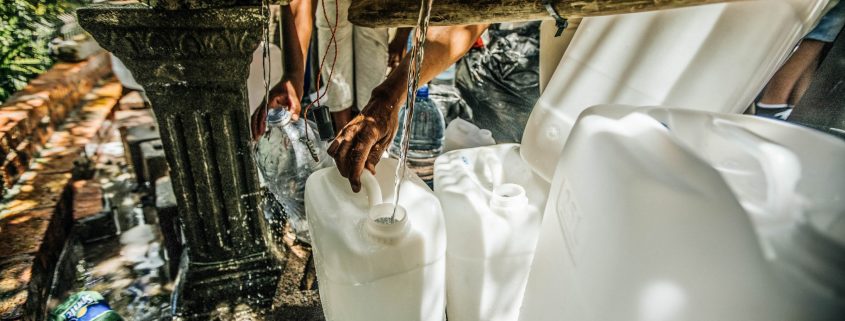

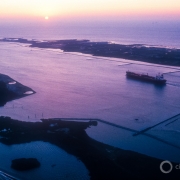
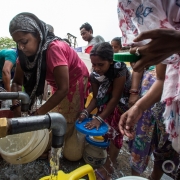
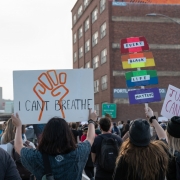


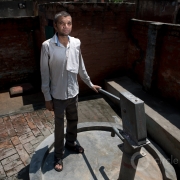

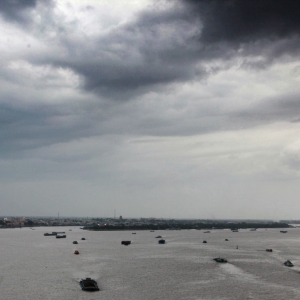

Leave a Reply
Want to join the discussion?Feel free to contribute!